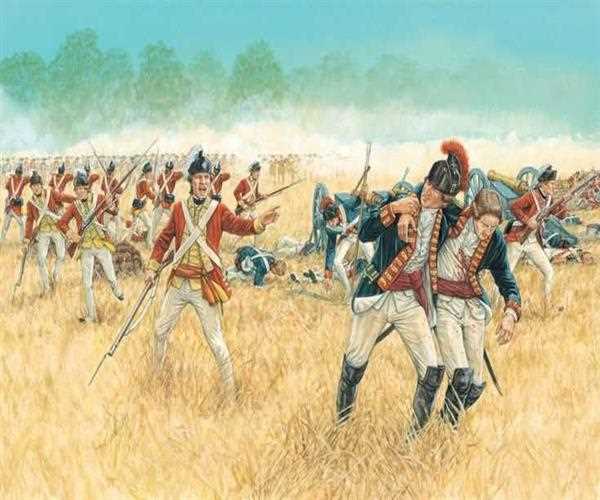 American Revolutionary War Generals were chosen fairly uniquely in contrast to they are today.
American Revolutionary War Generals were chosen fairly uniquely in contrast to they are today.
In present-day times a native of the United States can go to West Point and after some time be given a summon. His social position does not qualify or preclude him. Rather officers in the United States are given an order in view of capacity. Through the span of history that is what number of the officers in the United States became. They joined the military since they were poor and rose to end up notorious names in American History. Men, for example, Andrew Jackson, Ulysses S. Allow, William T. Sherman, Dwight D. Eisenhower, and Tommy Franks were naturally introduced to poor families with minimal social standing and rose to wind up Major Generals in the United States Army.
In the eighteenth century that was not the situation for the British nor the Americans and for a great part of the American Revolutionary War, the Continental Congress was inclined to advance the rich instead of the capable.
George Washington was selected by John Adams to be the Commander-in-head of the Continental Army. He was qualified because of serving in the British armed force amid the French and Indian War and had demonstrated a capacity to lead. While he was not naturally introduced to an especially well-off family when he was given an order of the Continental Army he was the most extravagant grower in Virginia. Washington demonstrated a capacity to hand pick capable commanders, however, he too trusted that an officer was to be a refined man and was to be unquestionably sound and ought not to connect themselves with the lower class.
This was a typical attitude in the United States and it prompted certain men being put into positions because of their social standing. Horatio Gates, Charles Lee, and Benjamin Lincoln are only a couple of names that were placed accountable for extensive armed forces because of their social standing as opposed to their capacity. Men, for example, Nathanael Greene, Daniel Morgan, John Stark, and Benedict Arnold were reliably investigated for these men.
Amid this period officers were not to lead from the back, but rather from the front. It involved respect and in the event that one fled from the field, for example, Horatio Gates did at the Battle of Camden, at that point he was seen as a weakling. This prompted numerous officer passings. Men, for example, Richard Montgomery and Johann de Kalb kicked the bucket with their men while driving charges in the fight.
While demise's to officers happened it was not standard practice. Men should go about as men of their word amid fight and were not to target officers. This was not the situation in numerous fights amid the Revolutionary War, particularly amid the guerrilla fighting.